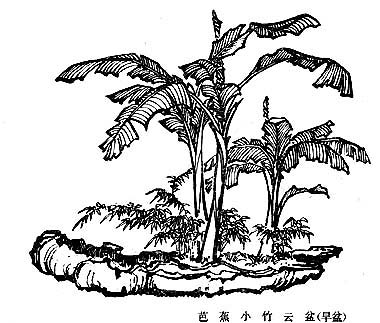Shi Jing 
 – The Book of Odes
– The Book of Odes
The oldest collection of Chinese poetry, more than three hundred songs, odes and hymns. Tr. Legge (en) and Granet (fr, incomplete).
Shijing I. 10. (122)
How can it be said that he is without robes ?
He has those of the seven orders ;
But it is better that he get those robes from you.
That will secure tranquillity and good fortune.
How can it be said that he is without robes ?
He has those of the six orders ;
But it is better that he get those robes from you.
That will secure tranquillity and permanence.
Legge 122
Settuman ionikin-hai bibijor moorooiin hai-chou?
Yii laoii uolon-kapaar!

The Book of Odes – Shi Jing I. 10. (122) – Chinese off/on – Français/English
Alias Shijing, Shi Jing, Book of Odes, Book of Songs, Classic of Odes, Classic of
Poetry, Livre des Odes, Canon des Poèmes.
The Book of Odes, The Analects, Great Learning, Doctrine of the Mean, Three-characters book, The Book of Changes, The Way and its Power, 300 Tang Poems, The Art of War, Thirty-Six Strategies
Welcome, help, notes, introduction, table.
Index – Contact – Top
